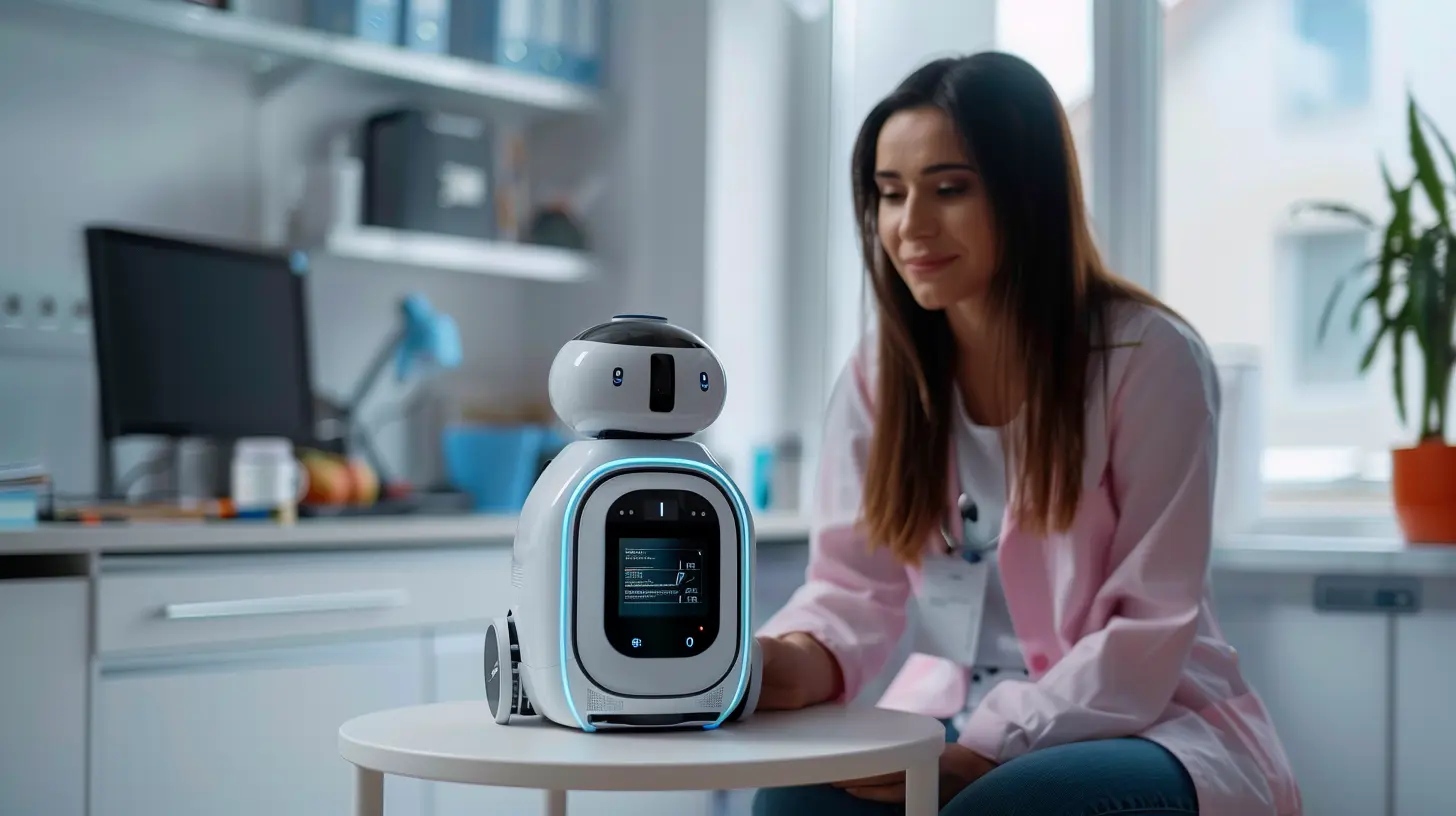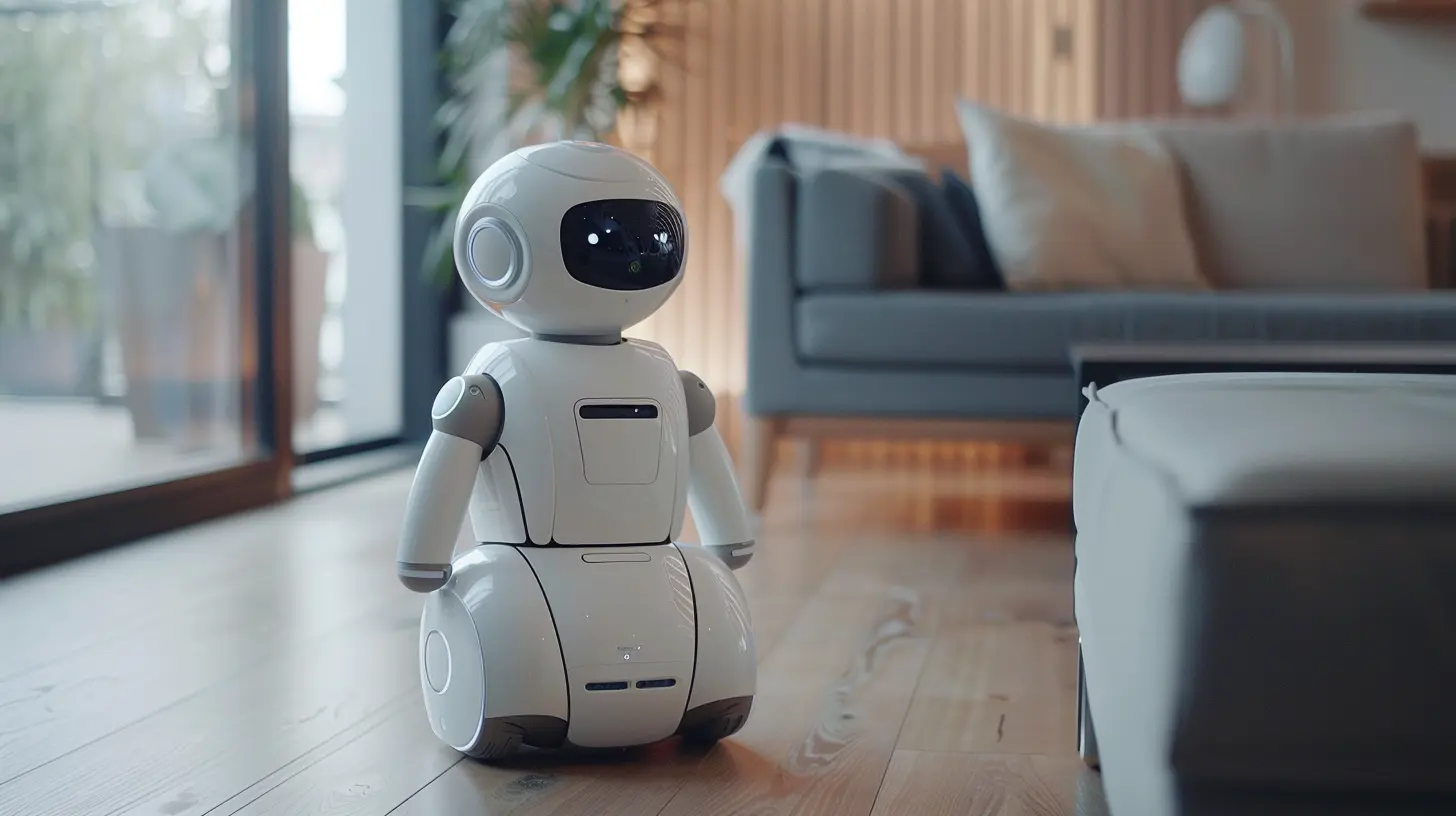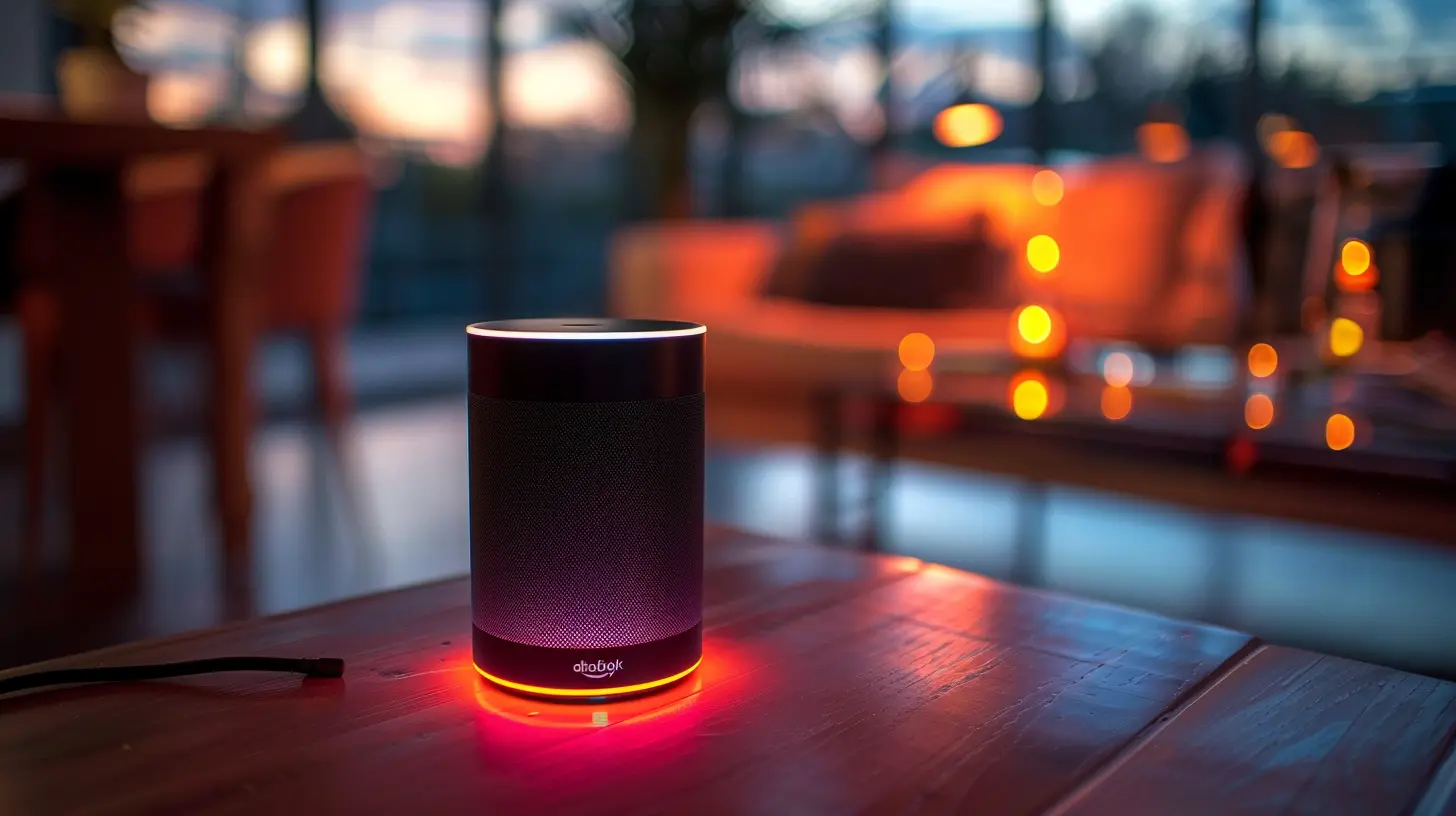Digital Assistants in Healthcare: A New Era of Patient Support
14 September 2025
Let’s be honest—healthcare has always felt a bit like a maze. From long wait times to remembering follow-up appointments and understanding complex medical jargon, it’s easy to feel overwhelmed. Now imagine if you had someone—actually, something—by your side 24/7 to help make sense of it all. That’s where digital assistants in healthcare come in.
Welcome to the new era of patient support. In this article, we’re going to dive deep (but not too technical, promise!) into how digital assistants are reshaping the healthcare experience for patients, doctors, and even caregivers. Ready to unpack this game-changer? Let’s go.
What Are Digital Assistants in Healthcare?
Think of digital assistants as the superhero sidekicks of the medical world—but without the cape. They’re AI-powered tools designed to help patients manage their health more effectively. Whether it’s reminding you to take your meds, booking doctor appointments, answering health-related questions, or even analyzing symptoms, these smart systems are always on call.Wait, So Like Siri or Alexa?
Exactly! But they’re way more specialized. While Siri might help you find the nearest clinic, a healthcare digital assistant can go several steps further—like checking your lab results, helping you monitor chronic conditions, or even providing emotional support during tough times (yes, really).
Why Healthcare Is Ready for Digital Assistants
Healthcare systems globally are under pressure. There’s a growing demand for services, an aging population, and let’s not forget the havoc wreaked by the COVID-19 pandemic. Enter digital assistants—ready to lend a helping hand (or processor).1. Bridging the Communication Gap
Ever tried explaining your symptoms to a doctor and ended up sounding like a confused poet? You’re not alone. Digital assistants can translate patient concerns into clear, medically-accurate descriptions. And for non-English speakers or people with speech limitations, this is a total game-changer.2. Reducing the Administrative Burden
Doctors and nurses didn’t sign up for paperwork—they wanted to help people. But sadly, admin tasks eat up a huge chunk of their time. Digital assistants can automate scheduling, billing, and data entry, giving healthcare professionals more time to do what they do best: care.
How Patients Benefit from Digital Assistants
So, what’s in it for you? A lot, actually. These tireless AI helpers are becoming personal health companions for millions. Here’s how they’re making life easier for patients:1. Personalized Health Monitoring
Have a smartwatch? That’s just the beginning. Digital assistants can sync with wearable devices to monitor your vitals in real-time—things like heart rate, blood pressure, glucose levels, and sleep patterns. They can alert you (and your doctor) if something’s off.2. Medication Reminders
Let’s be real: remembering to take meds on time is harder than it sounds. Digital assistants can give you gentle nudges via your phone or smart device, making sure you stay on track with your prescriptions.3. Instant Medical Advice
Not sure if that weird rash is something to worry about? Instead of doom-scrolling through online forums, a digital health assistant can provide evidence-based advice or guide you to the next best step—whether it’s taking an antihistamine or seeing a specialist.4. Mental Health Support
Some digital assistants are trained to detect emotional cues. They can check in on your mood, offer calming exercises, or even connect you to a mental health professional. Think of them as a pocket-sized support system.
Behind the Curtain: The Tech Powering These Assistants
Okay, let’s geek out a bit. What makes these digital assistants tick? It’s a cocktail of cutting-edge tech:- Natural Language Processing (NLP): This allows the assistant to understand and respond in human-like language.
- Machine Learning: Helps the assistant get smarter over time, learning from past interactions.
- Big Data Analytics: Analyzes massive chunks of health data to give personalized insights.
- Cloud Computing: Ensures data is securely stored and accessible across devices.
You don’t need a computer science degree to appreciate how cool that is.
Real-Life Examples of Digital Assistants in Action
Wondering where all this is happening in the real world? Here are a few cool examples:1. Ada Health
Ada is a symptom-checking app powered by AI. Just tell it how you’re feeling, and it will guide you through a set of questions to figure out what might be wrong. It’s like playing 20 questions—with a doctor inside your phone.2. Babylon Health
Babylon’s digital assistant can book appointments, manage prescriptions, and even offer virtual consultations. It’s like having a mini health clinic in your pocket.3. MyChart, powered by Epic
Many healthcare providers use MyChart to connect patients with their medical data. The digital assistant can help users navigate test results, appointment reminders, and doctor communications.The Benefits for Healthcare Providers
It’s not just patients who are winning here. Healthcare professionals are also reaping the rewards.1. Better Patient Engagement
Digital assistants provide consistent follow-ups and check-ins with patients. This helps doctors stay in the loop and ensures patients stick to their treatment plans.2. Improved Accuracy
AI-powered assistants can help reduce diagnostic errors and flag inconsistencies in patient data. That’s a big sigh of relief for everyone.3. Scalability
Hospitals and clinics can serve more patients without stretching their human staff thin. With digital assistants handling routine inquiries and admin tasks, medical teams can focus on complex cases.Challenges? Of Course. But They’re Being Tackled
It’s not all sunshine and stethoscopes. Like any tech, digital assistants in healthcare have hurdles to jump. The good news? Solutions are in the works.1. Data Privacy Concerns
Handling sensitive medical data comes with a huge responsibility. Thankfully, strict regulations like HIPAA in the US ensure patient data is protected. Companies are investing heavily in encryption and secure storage.2. Tech Access and Literacy
Not everyone is tech-savvy or owns a smartphone. The industry is working on more inclusive solutions—like voice-activated home devices or simple text-based options.3. Human Touch Still Matters
Let’s be clear: digital assistants aren’t replacing doctors. They’re just stepping in to handle the routine stuff so that human professionals can focus on what AI can’t do—like empathy, critical thinking, and the healing touch.What the Future Holds
We’re just scratching the surface of what digital assistants can do in healthcare. Imagine AI that can predict medical issues before symptoms even show up. Or virtual coaches that not only track your fitness but also adapt diet and wellness plans based on your DNA. Sounds like sci-fi? It’s closer than you think.And with the rise of telehealth, wearable tech, and remote monitoring, digital assistants are perfectly positioned to be the glue that holds it all together.
How You Can Get Started
Interested in using a healthcare digital assistant? Here’s a quick-start guide:1. Talk to your healthcare provider: They may already have systems in place.
2. Explore apps: Check out reputable health apps with good reviews and strong data security.
3. Start small: Begin with features like medication reminders or symptom tracking.
4. Be honest: The more accurate the information you provide, the better the assistant can help.
5. Stay curious: Tech changes fast. Keep an eye out for new features and updates.
The Bottom Line
Digital assistants in healthcare aren’t just a high-tech trend—they’re a lifeline for patients drowning in complexity. Whether you’re managing a chronic illness, trying to stay on top of appointments, or just want to take better control of your health, these AI-powered tools are here to help.We’re stepping into a world where healthcare is more proactive, personalized, and patient-centered than ever before. And you? You’ve got your very own digital sidekick, ready to make the journey smoother.
all images in this post were generated using AI tools
Category:
Digital AssistantsAuthor:

Adeline Taylor
Discussion
rate this article
1 comments
Tobias McPhail
Digital assistants aren't just a trend; they're revolutionizing healthcare. Embrace the future where AI empowers patients with personalized support, streamlining communication and enhancing care. It's time to harness this transformative technology unapologetically!
October 4, 2025 at 11:57 AM

Adeline Taylor
Thank you for your insightful comment! I completely agree—digital assistants are indeed transforming healthcare by enabling personalized patient support and improving communication. Embracing this technology is essential for advancing patient care.


